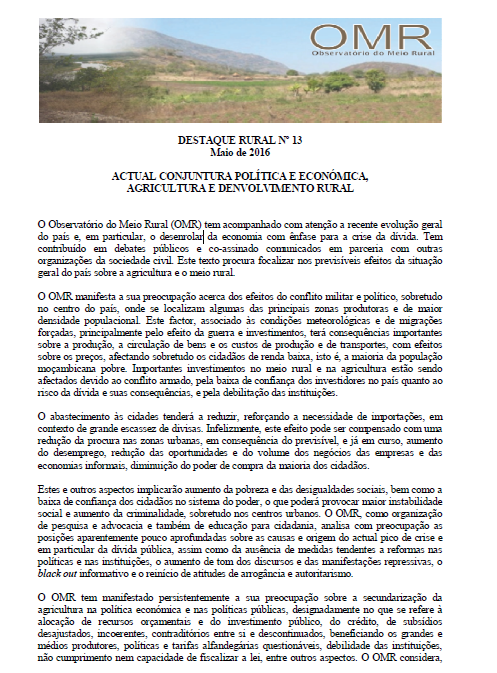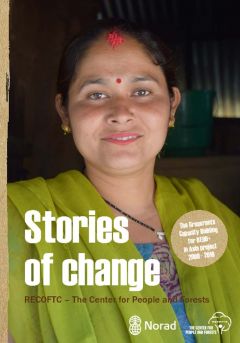We don’t know how many women own land. Why?
Asks why is it still so hard to know how many women have rights? Covers which rights?; what is ownership?; security of rights; land or people?; aggregate measures or nuanced details?; property rights within marriage; where to now?







